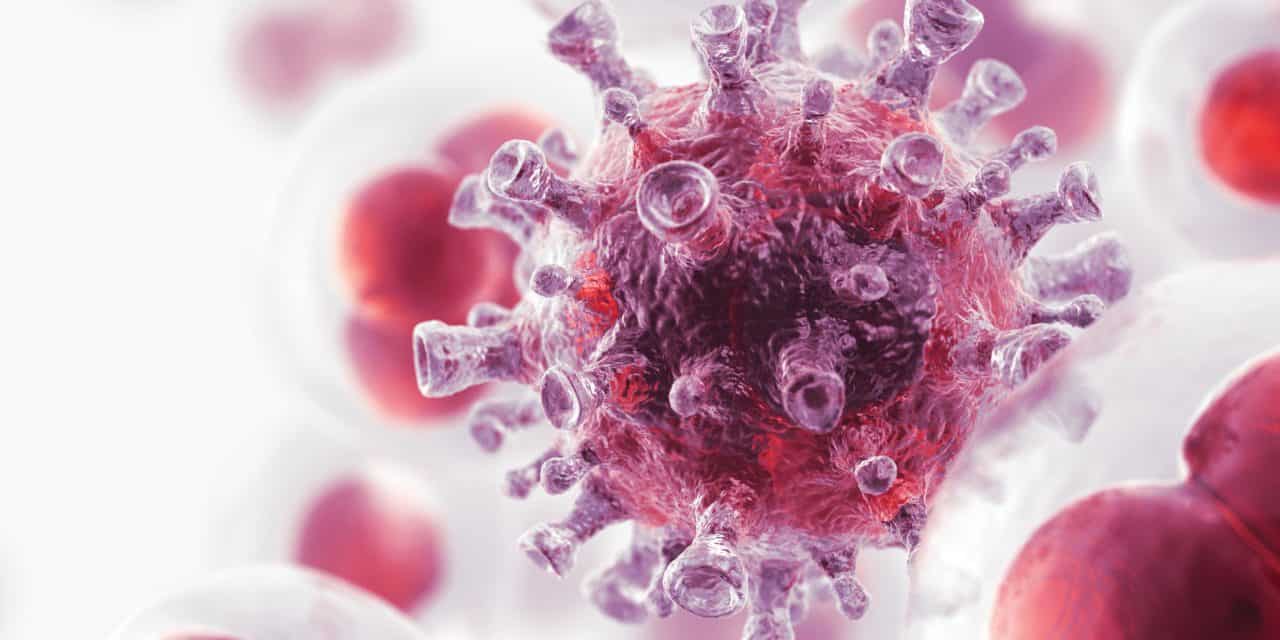Dendritic cells (DCs) are critical for both innate and adaptive immunity. Meanwhile, nitric oxide (NO) is a member of reactive nitrogen species (RNS) generally considered to play a key role in the bactericidal process in innate immunity against Mycobacterium tuberculosis complex infection. The present study therefore investigated the mechanism of NO production in murine DCs induced by Mycobacterium bovis (M.bovis) and its attenuated strain Bacillus Calmette-Guérin (BCG) infection. The expression of genes Slc7A1, Slc7A2, iNOS, and ArgI essential to NO synthesis was up-regulated in M.bovis/BCG infected DCs. IFN-γ addition further increased, while the iNOS inhibitor L-NMMA significantly inhibited their expression. Accordingly, the end products of arginine metabolism, NO and urea, were found to be significantly increased. In addition, BCG induced significantly higher levels of apoptosis in DCs compared to M.bovis shown by higher levels of DNA fragmentation using flow cytometry and release of mitochondrial Cytochrome C, and up-regulation of the genes caspase-3, caspase-8, caspase-9 and dffa critical to apoptosis by qRT-PCR detection and western blot analysis. Furthermore, IFN-γ increased, but L-NMMA decreased apoptosis of M.bovis/BCG infected DCs. In addition, mycobacterial intracellular survival was significantly reduced by IFN-γ treatment in BCG infected DCs, while slightly increased by L-NMMA treatment. Taken altogether, our data show that NO synthesis was differentially increased and associated with apoptosis in M.bovis/BCG infected DCs. These findings may significantly contribute to elucidate the pathogenesis of M.bovis.Copyright © 2020. Published by Elsevier Ltd.
Differential nitric oxide induced by Mycobacterium bovis and BCG leading to dendritic cells apoptosis in a caspase dependent manner.


